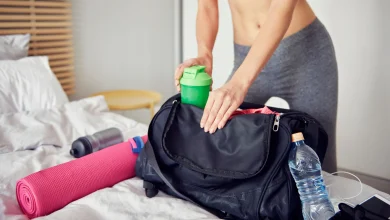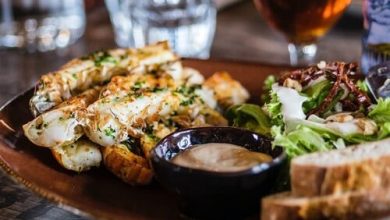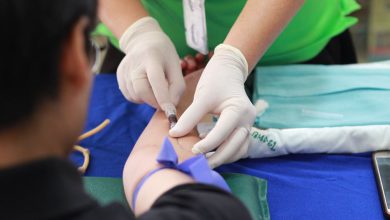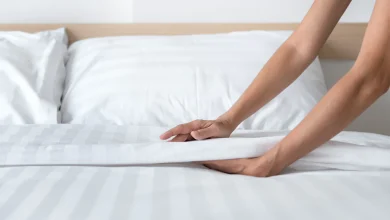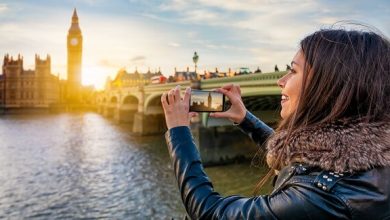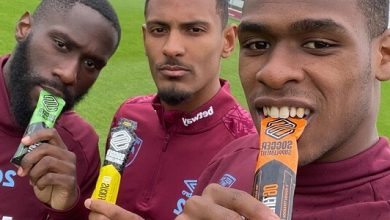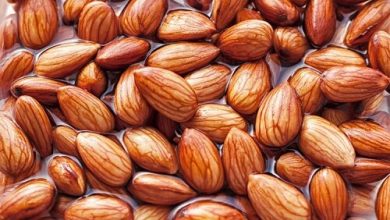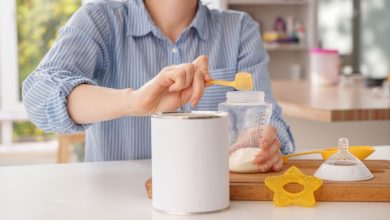May bank holiday leads to ‘jet lag’ in Brits, sleep expert explains
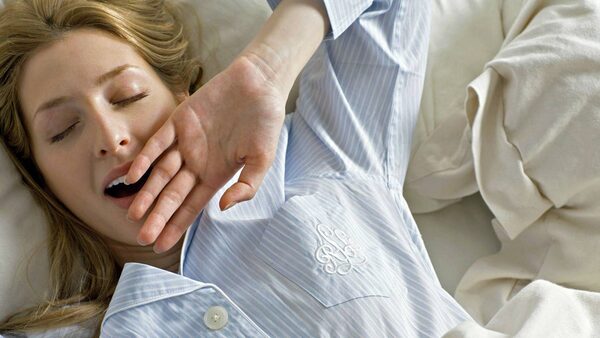
Oxford Partnership predicts that drinkers will drink up to 52.8 million liters of draft beer and cider over the May bank holiday weekend.
This bank holiday binge could lead to ‘jet lag’ in more than 33 million Britons , who are predicted to drink this weekend.
With this in mind, Mattress Online’s sleep expert, James Wilson – also known as ‘The Sleep Geek’ – has provided his insight on how to regain your circadian rhythm and reorganize your schedule. Your sleep routine after a particularly eventful weekend.
How will the bank holiday affect my sleep schedule?
With the absence of morning commitments at weekends, altered schedules and altered circadian rhythms, many Britons may find their body’s natural sleep patterns are disrupted, exacerbating the impact of ‘jet lag’, which can impair people’s mood and mental capacity. when returning to work.
So, like jet lag caused by traveling across time zones, it can take several days to recover from the negative effects of sleep loss. This can lead to poor sleep quality, difficulty falling asleep or waking up at normal times, and feeling tired and groggy during the day.
Although it may take some time for the body to adjust to a normal sleep-wake cycle after the weekend is over, regular and persistent lack of sleep increases the risk of diabetes, hypertension and diabetes. , heart disease and stroke, so make sure to maintain a proper sleep pattern. Schedule as much as possible.
The Centers for Disease Control and Prevention recommends at least seven hours of sleep each night.
Does drinking alcohol on the weekend disrupt my sleep cycle?
Scientific research by the National Library of Medicine found a link between higher rates of alcohol consumption and persistent irregular sleep schedules. Because alcohol has a depressant effect on the central nervous system, you may feel drowsy and fall asleep faster than usual after a night of drinking.
But while alcohol may initially help you fall asleep faster, it can also reduce REM (rapid eye movement) sleep, which can impair your cognitive processes, leading to difficulty concentrating and regulating your sleep. emotions and discomfort.
So even if you’ve had one too many cocktails over the weekend and managed to squeeze in a few Zs, you could still have ‘sleep debt’ when you get back to work on Tuesday. Similar to the feeling of jet lag, you may find it more difficult to stay alert and focused during the day. Tasks that were once easy may become more difficult and your productivity and overall performance may suffer.
James Wilson, The Sleep Geek, provided his insight into how a bank holiday weekend can disrupt your sleep cycle: “Alcohol doesn’t help you sleep, it makes you sedative, knocks you out but it doesn’t cause drowsiness.
“You may find you sleep longer after drinking alcohol, but even then you may still feel the effects of alcohol, especially if you’ve had quite a bit of alcohol.”
How to avoid ‘bank holiday jet lag’ this May:
Limit light exposure at night: Keep your bedroom cool, dark, and quiet. Longer daylight hours as we enter summer mean more exposure to natural light in the evening, which can suppress the production of melatonin, the hormone that regulates sleep, making you more difficult to fall asleep.
Limit exposure to artificial light sources, such as smartphones, tablets, and computers at least one hour before bedtime. Dim the lights in your home in the evening to signal to your body that it’s time to relax, and consider investing in blackout curtains to block outside light sources in your bedroom.
Don’t give in during the bank holiday: Your body may need more sleep to make up for the shortfall and you may find yourself wanting more sleep, which is your body’s way of trying to repay its sleep debt. Try to maintain a regular sleep schedule and wake up at the time you usually do.
“No matter what you do before a night of bingeing, chances are you’ll still feel sluggish and tired the next day. However, you can take a short nap, preferably before 2 p.m. and last less than 30 minutes long, which will allow your body to nap.” and mind to rest and rejuvenate.”
Stay hydrated: For every alcoholic beverage, pair it with a non-alcoholic beverage. Try to stay hydrated and sip your drinks slowly.
James Wilson at Mattress Online adds: “Some people also take magnesium, some may drink a glass of water before bed, which can be helpful as it helps rehydrate, although this can make you needing to go to the bathroom more at night, and some people may want to try drinks with added electrolytes, such as coconut water.”
